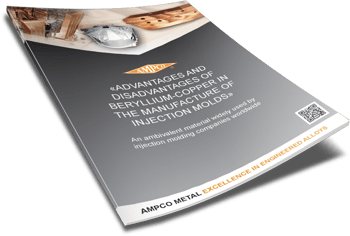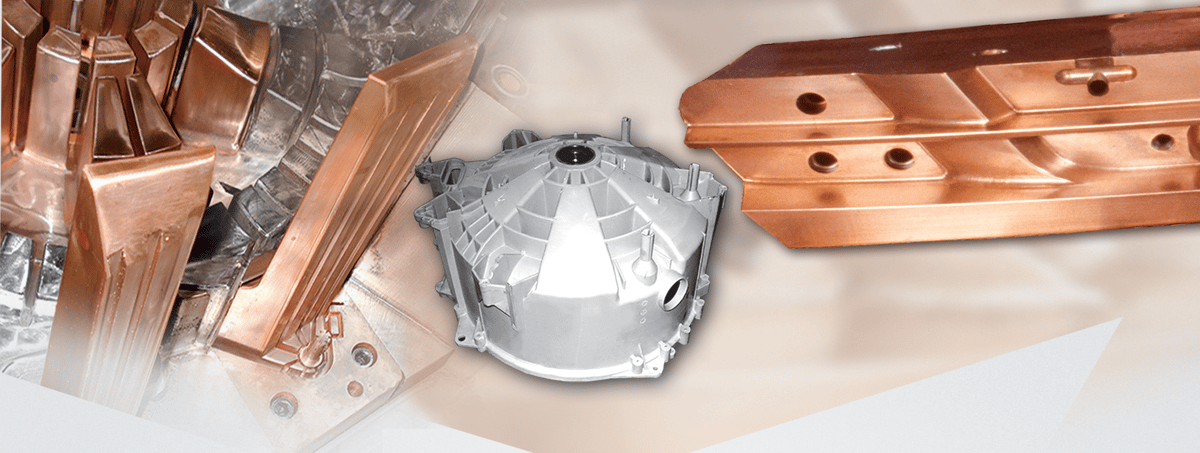There is a number of different copper alloys for industry use. The better you know the requirements of your business, the better your choice will be. Apart from cost, there are several different properties you must consider, like thermal conductivity, wear resistance, corrosion resistance, mechanical properties, impact resistance and weldability.
Production lines and other kinds of infrastructure require the materials their parts are composed of to have properties like pressure resistance, heat conductivity, impact resistance and many other properties to varying degrees. That is why it is definitely worth looking into different kinds of alloys to determine the right choice to get the most out of your infrastructure. The first step should be to think about the requirements of your specific business. To what degree do you need the material properties of the following alloys?
Bronze has been made from copper and tin for about 4000 years now. Tin bronzes are usually produced in strip and wire form with a mix of high yield strength and corrosion resistance. Phosphor bronze has increased hardness, fatigue resistance and wear resistance which makes it great for springs, bellows, flexible tubing, fasteners, masonry fixings, shafts, valve spindles, gears and bearings.
Brass is the name for a range of copper-zinc alloys with differing combinations of properties. The variety of available forms is very large, which can allow for minimum machining. Brass is very versatile and a first choice for heat exchangers (radiators). Unlike mild steel, it does not become brittle at low temperatures.
Nickel-silver is created by adding 10-20 % nickel to brass. What makes it different from brass is its higher tarnish resistance and resistance to stress corrosion cracking. It also has an attractive silvery look and is used frequently in things like telecommunication components, food manufacturing equipment, jewelry, model making, tool brush anchor wire and pins, musical instruments, test probes and contact springs.
Copper-nickel alloys are ideal for marine uses such as seawater pipework or desalination units because they are highly resistant to seawater flow and hardly susceptible to the attachment of marine organisms. Nickel improves the corrosion resistance and strength of copper without a loss on ductility.
Gunmetals are mixes of copper, tin, zinc and lead known for their corrosion resistance, good strength and ease of casting. They are used to make intricate castings required to be pressure tight like pumps, valves and pipe fittings. Where loads and speeds are moderate, bearings are also often made of gunmetals. These alloys are also used in modern statues.
Beryllium-copper in the fully heat treated and cold worked condition is the hardest and strongest of all copper alloys. Its mechanical properties are similar to many high strength alloy steels, but it has better corrosion resistance as well as electrical and thermal conductivity than any of them. Beryllium-copper alloys are used for example in springs, electrical contacts, valves, pumps, different kinds of non-magnetic, non-sparking tools and injection molds.
Product selection tool
This product selection tool application is a guideline to help for a pre-selection. It is based on AMPCO METAL expertise and long experience dealing with such alloys and applications. Parameters like sliding & corrosion properties, as well as a good understanding of the application, are necessary to make the final selection and AMPCO METAL technical experts are here to support you in fine-tuning your choice for a fit for purpose and most cost-effective solution.
Our engineering experts remain available to advise you on the best material according to your application.
Get our Technical Paper «Advantages and disadvantages of copper beryllium in the manufacture of injection molds» for free.






